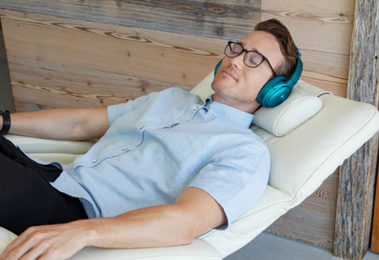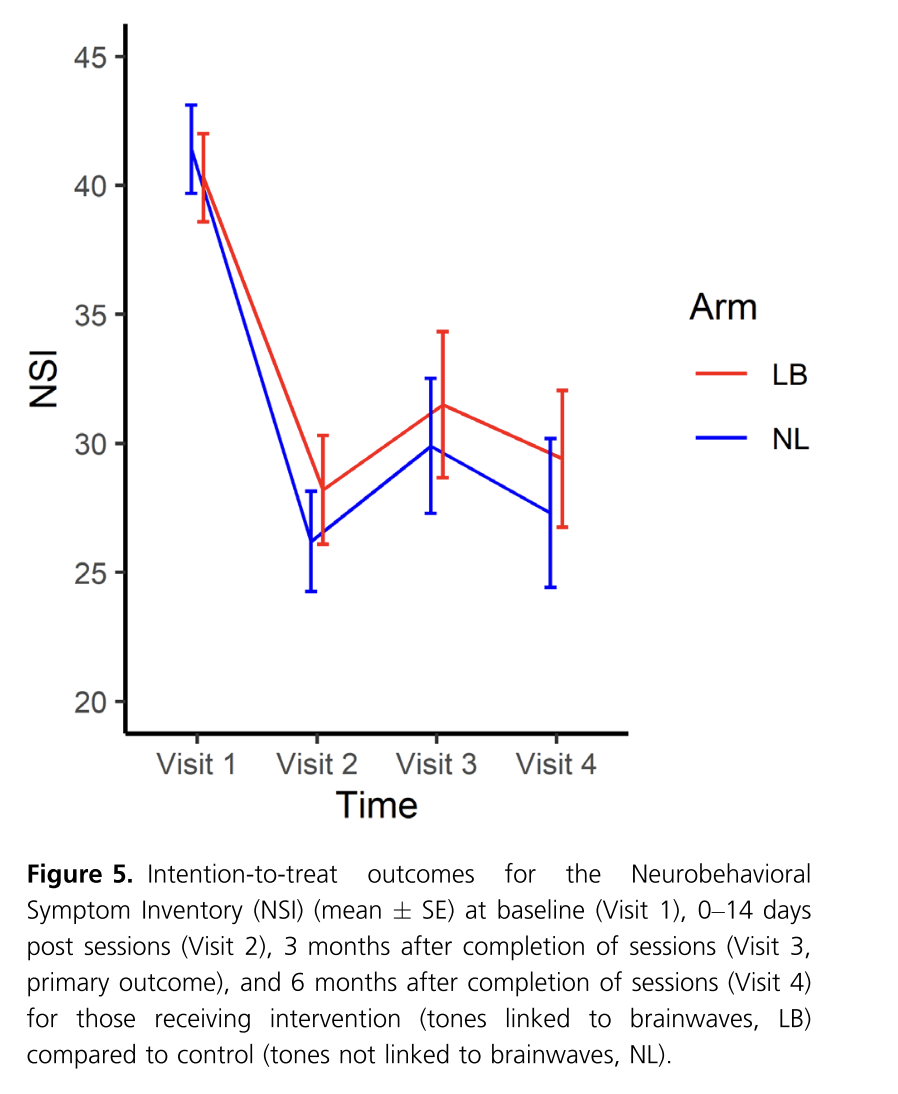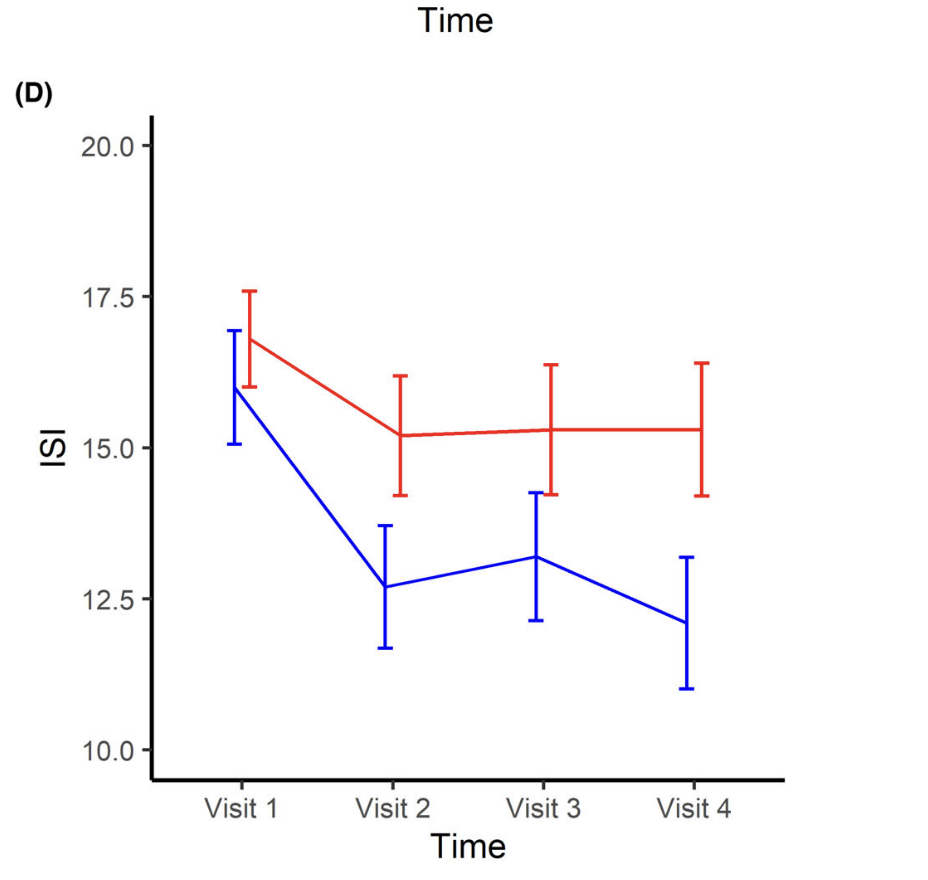Sound Therapy in Treating Post-Concussive Symptoms
Concussion, a form of mild traumatic brain injury (TBI), can result in lingering symptoms long after the initial injury has healed. These post-concussive symptoms (PCS) often include headaches, dizziness, cognitive issues, and emotional disturbances, significantly affecting the quality of life. While traditional treatments for PCS include rest, therapy, and medications, researchers are continually exploring new methods to enhance recovery. One emerging approach is the use of acoustic stimulation, as highlighted in a recent study by Cole et al. (2024).
The Study Overview
Cole et al.'s randomized, controlled clinical trial, published in the Annals of Clinical and Translational Neurology, investigated the effects of acoustic stimulation on individuals suffering from PCS. This innovative therapy involves using sound waves to target brain function, with the aim of reducing the persistent symptoms that often follow a concussion. The researchers sought to determine whether acoustic stimulation could provide a significant benefit to individuals who experience long-lasting effects after their injury.
Key Findings
Reduction in PCS Symptoms: The study revealed that participants who received acoustic stimulation experienced a notable reduction in the severity of their post-concussive symptoms compared to those who did not undergo the treatment. Symptoms such as headaches, difficulty concentrating, and emotional instability showed marked improvement in the treatment group.
Improved Cognitive Function: One of the most challenging aspects of PCS is cognitive impairment, which can affect memory, attention, and overall mental clarity. Acoustic stimulation was found to enhance cognitive function, allowing individuals to better manage day-to-day tasks and responsibilities.
Safety and Feasibility: The therapy was not only effective but also demonstrated a strong safety profile. Participants tolerated the treatment well, with minimal side effects, making acoustic stimulation a promising non-invasive option for managing PCS.
How Does Acoustic Stimulation Work?
Acoustic stimulation operates on the principle that sound waves can interact with brain activity. In this study, sound waves were carefully calibrated to stimulate specific brain regions, potentially restoring disrupted neural connections. This kind of therapy is still in its early stages, but it shows promise in addressing the neurological disturbances that underlie many post-concussion symptoms.
Implications for Concussion Treatment
The findings of this study suggest that acoustic stimulation could be a groundbreaking treatment for individuals struggling with PCS. As concussion recovery can be highly individualized, having more tools in the treatment arsenal is crucial. Acoustic stimulation may offer relief for those who have not responded well to traditional therapies, providing a new pathway toward healing and regaining quality of life.
Graphs Below: Blue = Random stimulation, Red = Targeted stimulation
NSI: Neurobehavioral symptom inventory
ISI: Insomnia symptom inventory
Acoustic Therapy and Stress Management
Interestingly, the study also showed that both specific audio wave frequencies and random audio waves led to significant improvements in PCS symptoms. This suggests that the benefits of acoustic therapy might not solely rely on targeting precise brain regions with calibrated sound waves. Instead, a broader benefit may stem from the relaxation and stress management effects that acoustic therapy induces.
For many patients with post-concussive symptoms, stress and anxiety play a key role in the persistence and worsening of symptoms. The calming effect of acoustic therapy—whether through controlled sound waves or random audio frequencies—may help the brain enter a more relaxed state. This state of relaxation could promote neurological recovery, as the reduction of stress may ease the body's healing processes.
Acoustic therapy, in this context, might offer dual benefits: physiological effects on brain function through sound waves, and psychological relief through relaxation, stress reduction, and emotional balance. While the exact mechanisms still need further exploration, the study points to the potential benefits that Acoustic Stimulation can offer.
Sleep: Insomnia
The study's findings also have important implications for sleep and insomnia, both of which are common struggles for individuals with post-concussive symptoms. Insomnia and poor sleep quality can exacerbate PCS, contributing to prolonged recovery times and more severe cognitive and emotional challenges. Acoustic stimulation, with its relaxation and stress-reduction effects, could potentially improve sleep quality in concussion patients by promoting a more restful state. By reducing stress and anxiety, which are often linked to insomnia, this therapy may create an environment more conducive to better sleep. Improved sleep is not only essential for daily functioning but also plays a critical role in overall brain health and recovery from concussion. As such, incorporating acoustic therapy into concussion management could address one of the key barriers to recovery: poor sleep quality.
Conclusion
The research by Cole et al. (2024) highlights the potential of acoustic stimulation as a therapeutic approach for reducing post-concussive symptoms. While further studies are needed to fully understand the long-term effects and optimal protocols, this innovative method could pave the way for more effective concussion recovery strategies. With ongoing advancements, treatments like acoustic stimulation could transform how we manage PCS, offering hope to the many individuals who continue to suffer from the effects of a concussion.
For healthcare providers and patients alike, this study reinforces the importance of exploring diverse, evidence-based therapies to address the complex needs of concussion recovery.
Reference:



